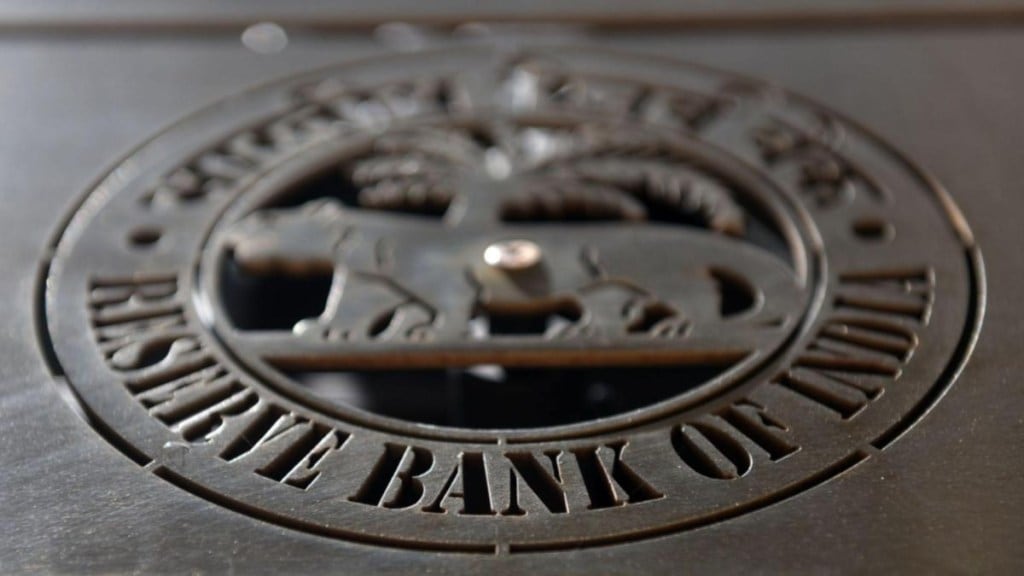– Karthik Srinivasan
The decision of the Reserve Bank of India (RBI)’s Monetary Policy Committee (MPC) to maintain status quo on the repo rate, while retaining its policy stance at “withdrawal of accommodation”, was in line with our expectations. However, the positive surprise was the voting decision of the MPC members with 4:2 vote in favour of the decision as against past few policy decisions where the vote was 5:1 in favour of the decision. Two of the three external MPC members voted against the decision on policy rate as well as the stance of the policy.
While the inflation forecasts were retained at 4.5%, there was an upward revision in the MPC’s growth forecasts for FY2025 to 7.2% from 7.0% earlier. The upward revision in growth estimates follows from the strong provisional growth estimates of 8.2% for FY2024. The optimism on growth is driven by forecast of above normal monsoon, which shall support rural demand, steady discretionary spending in urban areas, government spending on capital expenditure and high-capacity utilisation across industries which shall support investment demand.
On the inflation front, compared to its previous estimates, the MPC has kept the CPI inflation projections unchanged for all the quarters of FY2025 as well as full-year FY2025. The RBI however cautioned the risk arising out of higher food inflation, pressure on input costs for firms driven by rising prices of industrial metals and uncertain crude oil prices amid geo-political tensions.
The RBI again reiterated its view that the MPC will be driven more by the domestic growth-inflation dynamics to take its future decision on policy rates rather than following policies of advanced economies. This coupled with more MPC members voting for a 25-bps rate cut reinforces our expectation of a shallow rate cut cycle in H2FY2025, even if some of the advanced economies continue to hold higher rates driven by their domestic conditions.
The RBI reiterated its stance to maintain the overnight rates closer to the policy rate and take necessary steps to modulate both frictional and durable liquidity amid the expected foreign portfolio inflows, though it refrained from specifically announcing sale of bonds to absorb liquidity on a durable basis.
While a status quo was expected on the rate front, however, the policy announcements were eagerly awaited for other announcements related to financial stability, given the spate of recent actions on regulated entities. While staying short on any specific announcements, the RBI continued to sound out the need for improved governance, risk management practices and compliance culture across the regulated entities. The Central Bank also emphasized that customer protection continues to remain its top priority and expressed its concerns around the high interest rates charged by some of the micro finance companies and non-bank financial services companies.
We view the RBI’s actions during the last few months favourably, given the exuberance seen in the credit growth of lenders in retail unsecured segments. Regulatory actions against some of the entities has raised the vigil of investors as well as forced the entities to have a relook at their internal systems and processes. With a possible increase in reputational risk on any adverse regulatory action, regulated entities are expected to focus on strengthening the guardrails around the risks highlighted by the regulator rather than growth.
Lastly, the RBI also pointed out the high gap between credit and deposit growth rates and the need to maintain prudent balance between assets and liabilities. Most of the banks have acknowledged the regulatory discussions over the last few months to reduce the credit to deposit ratio as well as reduce the reliance on bulk deposits to fund growth. In this regard, the RBI’s proposal to enhance the limit for bulk deposits to Rs. 3 crore from Rs. 2 crore can improve the Banks’ ability to offer higher rates for deposits upto Rs. 3 crore and improve deposit accretion. This could, however, adversely impact the interest margins for the banks.
(Karthik Srinivasan is Senior Vice President & Group Head – Financial Sector Ratings at ICRA.)
(Disclaimer: Views expressed are personal and do not reflect the official position or policy of Financial Express Online. Reproducing this content without permission is prohibited.)

